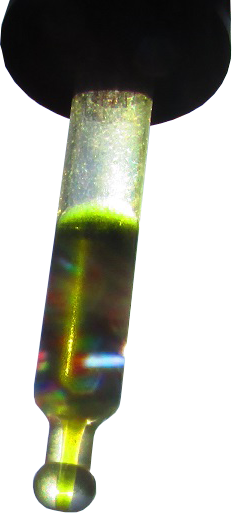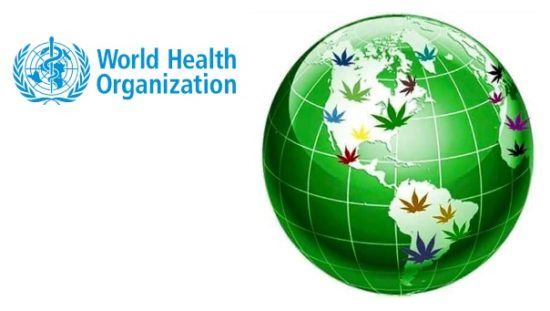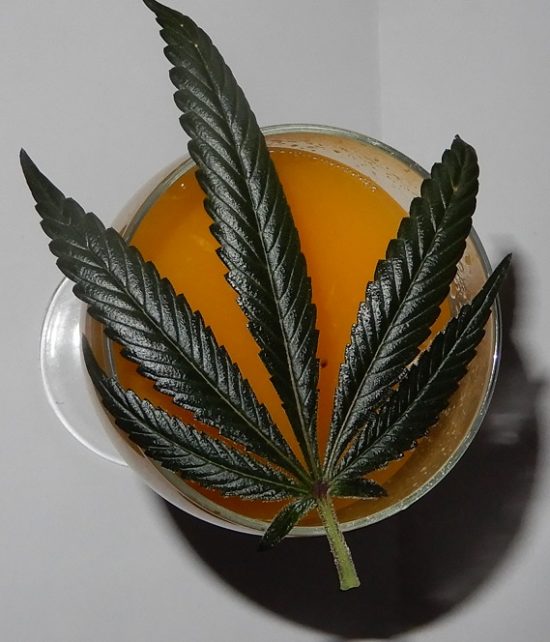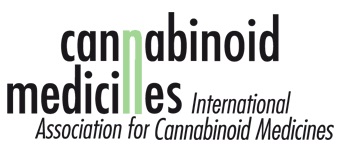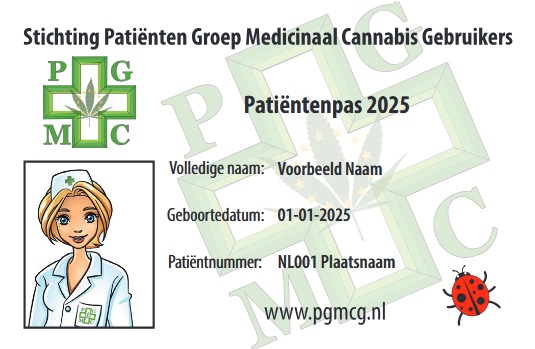WHO controleert status van cannabis
Wereld/VN: Het deskundigen comité voor drugsverslaving van de WHO controleert de status van cannabis in de verdragen van de internationale drugshandel
70 Jaar na de oprichting van de World Health Organization in 1948, is hun deskundigen comité voor drugsverslaving begonnen met het analyseren van de schade en de voordelen van cannabis voor de gezondheid. Hun conclusies zal waarschijnlijk de wetten van de internationale drugshandel veranderen. De 40e bijeenkomst van de ECDD (Expert Comite van Drugs Verslaving) begon met een hoorzitting van patiënten, artsen en deskundigen op dit gebied. De IACM werd uitgenodigd om met een video-instructie deel te nemen. Vertegenwoordigers van niet-gouvernementele organisaties, met inbegrip van Michael Krawitz, patiënt vertegenwoordiger van de IACM, had ook een gedetailleerd schriftelijk advies ingediend.
In de jaren vijftig van de vorige eeuw, gaf de WHO groen licht voor de opname van cannabis in de strengste klassen van de gecontroleerde drugs van de Verenigde Naties. Deze klassen classificeren cannabis en zijn nakomelingen als “met name verantwoordelijk voor misbruik en nadelige gezondheidseffecten” met “geen of weinig therapeutische effecten”. Een echte formele wetenschappelijke beoordeling van cannabis is nooit gedaan – hoewel die na haar mandaat sinds de jaren 1960 verantwoordelijk is voor risico-evaluaties van alle drugs die een afhankelijkheid of misbruik potentieel bezitten en sinds de jaren 2000 ook is belast om deze evaluaties om de 20 jaar te updaten.
Fortieth meeting of the Expert Committee on Drug Dependence of the WHO
Press release by the FAAAT of 7 June 2018
Joint Civil Society Contribution
Video presentation of the IACM at the ECDD meeting on 4 June 2018
English:
World/UN: Expert Committee on Drug Dependence of the WHO reviews the status of cannabis in international drug treaties
70 years after the foundation of the World Health Organisation in 1948 its expert committee on drug dependence has started to analyse the harms and benefits of cannabis for health. Their conclusions are likely to change international laws. The 40th meeting of the ECDD (Expert Committee on Drug Dependence) started with a hearing of patients, doctors and experts in the field. The IACM was invited to participate with a video statement. In addition, representatives of non-governmental organisations, among them Michael Krawitz, patient representative of the IACM, presented an extended written statement.
In the 1950’s the WHO gave the green light to the inclusion of Cannabis in the strictest United Nations’ drug control Schedules. These Schedules classify cannabis and its derivatives as “particularly liable to abuse and to provide ill effects” with “no or very few therapeutic effects.” A real formal scientific review of Cannabis has never been done – although the WHO, by mandate, has been responsible since the 1960’s for undertaking risk assessments of all drugs that have dependence or abuse potential and furthermore mandated since the 2000’s for updating its reviews every 20 years.
Fortieth meeting of the Expert Committee on Drug Dependence of the WHO
Press release by the FAAAT of 7 June 2018
Joint Civil Society Contribution
Video presentation of the IACM at the ECDD meeting on 4 June 2018
Marian Hutten, voorzitter en oprichtster PGMCG
Genomineerd als Patiënt Ambassadeur van de IACM 2018-2019
Nederlands Patiënt afgevaardigde en vertaler van de IACM
De International Association for Cannabinoid Medicines
CannabisMedOrg
Bonn, Germany

